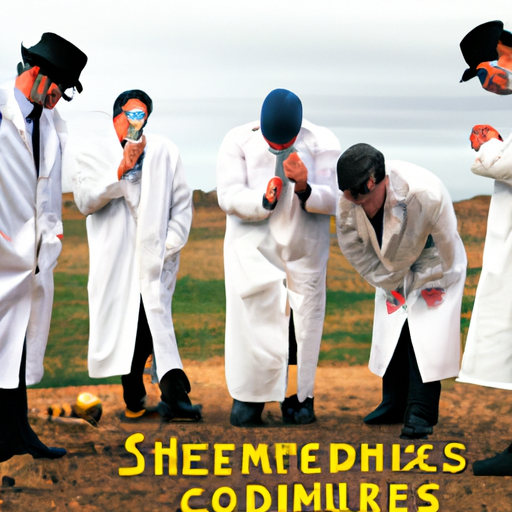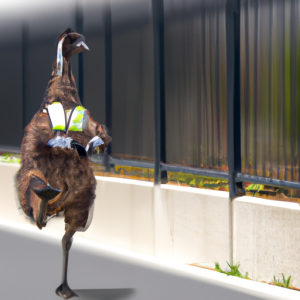In a world where serious scientific discoveries are made every day, a group of scientists has found a way to grab our attention by going off the beaten track. The winners of the 2021 Ig Nobel prize, a parody of the Nobel prize, have been announced. The prize is awarded to scientists for their humorous and bizarre experiments that make us question their sanity and ours.
Counting nose hairs in cadavers seemed to be all the rage this year, as it won the top spot for anatomy. Researchers claimed that they counted nose hairs in hundreds of cadavers to determine if humans lose nose hair with age. It is not clear why such data is important, but we can sleep easy knowing that there are scientists out there doing the important work of counting nose hairs.
If nose hair doesn’t tickle your fancy, perhaps the award-winning study on repurposing dead spiders does. It won in the category of entomology. Scientists found that the silk glands of spiders could be harvested even after death and repurposed for many applications. They claim that their research could pave the way for the production of lightweight, high-strength fabrics. We are sure the fashion industry is lining up to get their hands on dead spider silk.
The field of geology also had an interesting debate this year. A team of researchers, who probably grew tired of staring at rocks, found that the best way to understand fossils was to lick them. That’s right; they licked rocks, claiming that it was the best way to discern their texture. This eyebrow-raising research won in the category of Materials Science.
The Nobel Prize-winning discoveries might include eradicating diseases or creating breakthrough technologies. Still, the Ig Nobel prize winners’ contributions cannot be overlooked. Their scientific inquiries remind us that sometimes the best innovations come from unconventional methods.
In other areas, scientists explored pressing public health concerns such as whether kissing can be used as a treatment for allergies. It turns out that smooching with a person who has eaten an allergenic food can desensitize you to the allergy gradually. The study’s authors claim that their research could revolutionize the treatment of mild allergies. We wonder what the allergy doctors have to say about it.
Other researchers were interested in the effects of airplane noise on naked mole rats. Yes, you read that right; it won in the category of acoustics. The researchers claim that constantly subjecting the mole rats to noise helped them adapt to their soundscape better. While the idea is intriguing, we can’t help but wonder if they played Britney Spears on repeat for the naked mole rats too.
Finally, the prize for physics went to scientists who found that an alligator’s noises can be used to measure the size of their bodies. It sounds like something out of a cartoon, but according to the scientists, the animals’ bellowing pitch is related to their size. Who knew that alligators were such good vocalists?
In conclusion, this year’s Ig Nobel prize winners may make us laugh, but their work is not any less critical than traditional scientific discoveries. After all, who else will count nose hairs or lick rocks to gain scientific insight? The Ig Nobel prizes may be parody, but they remind us that science is about asking questions, and sometimes, the most absurd questions lead to the most groundbreaking answers.


